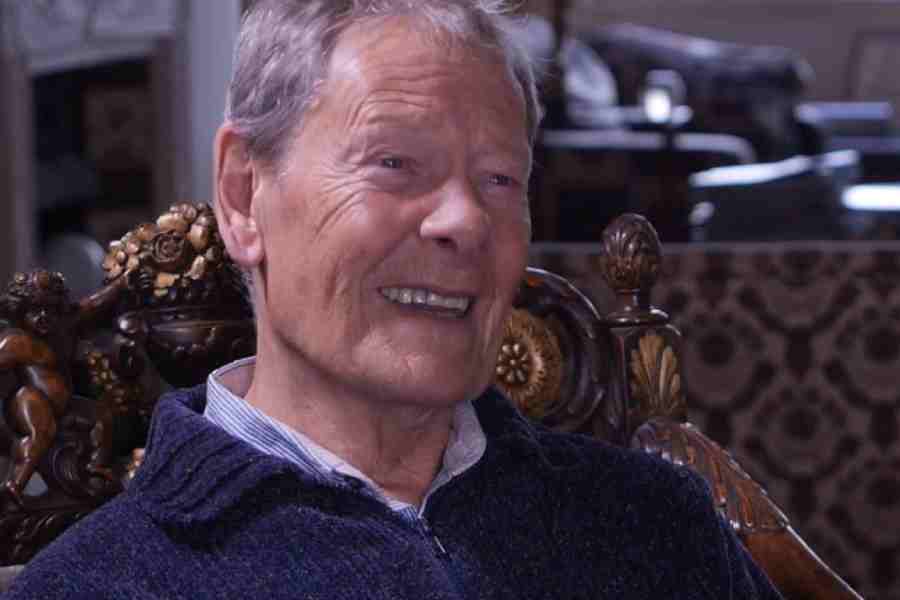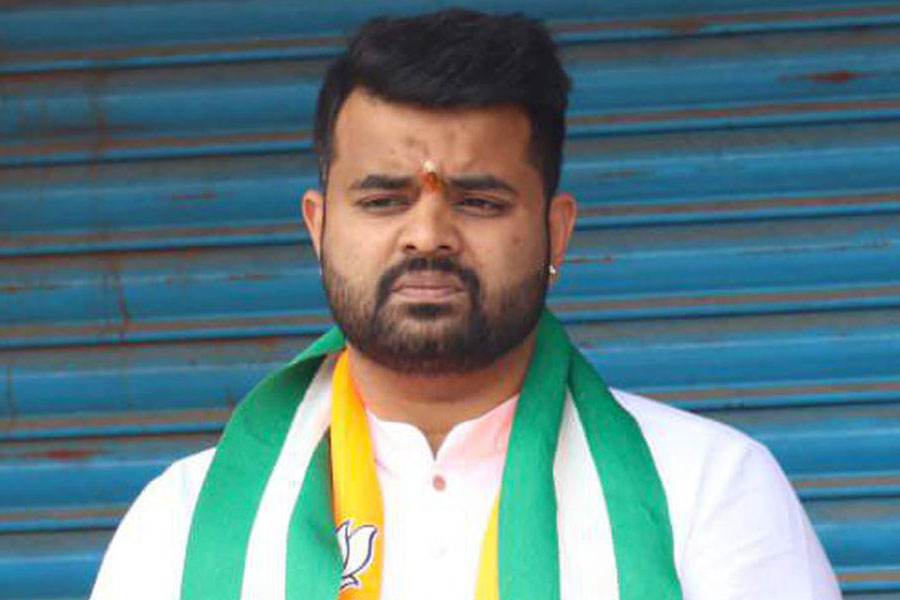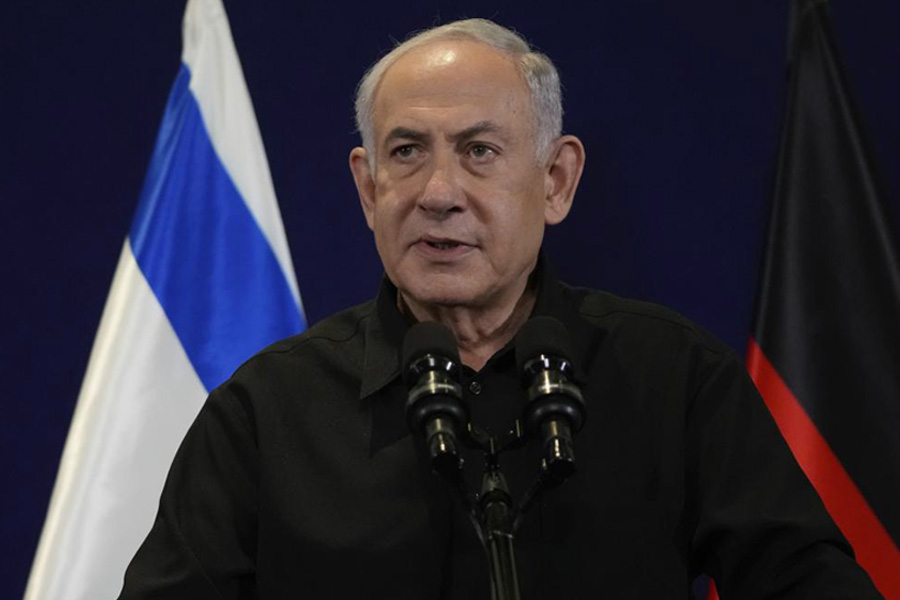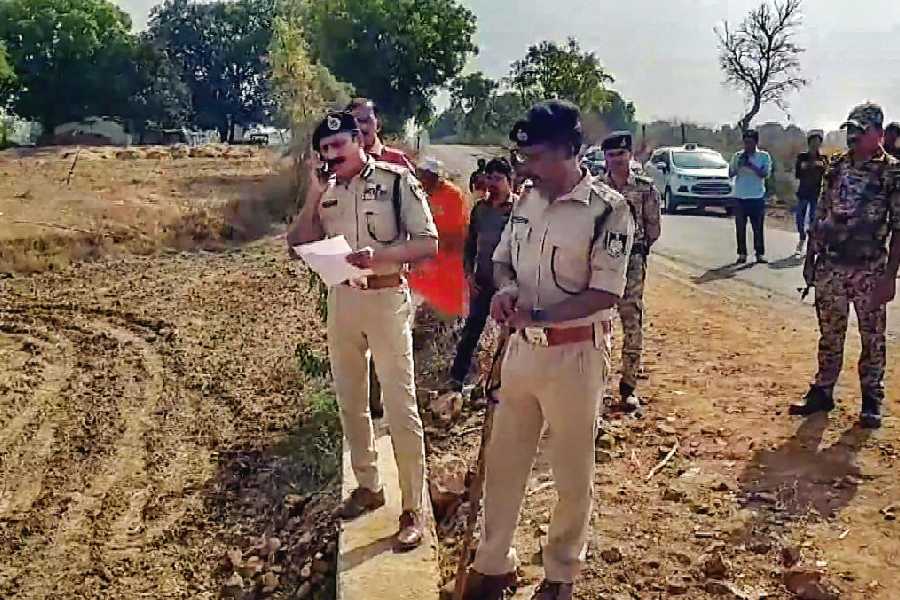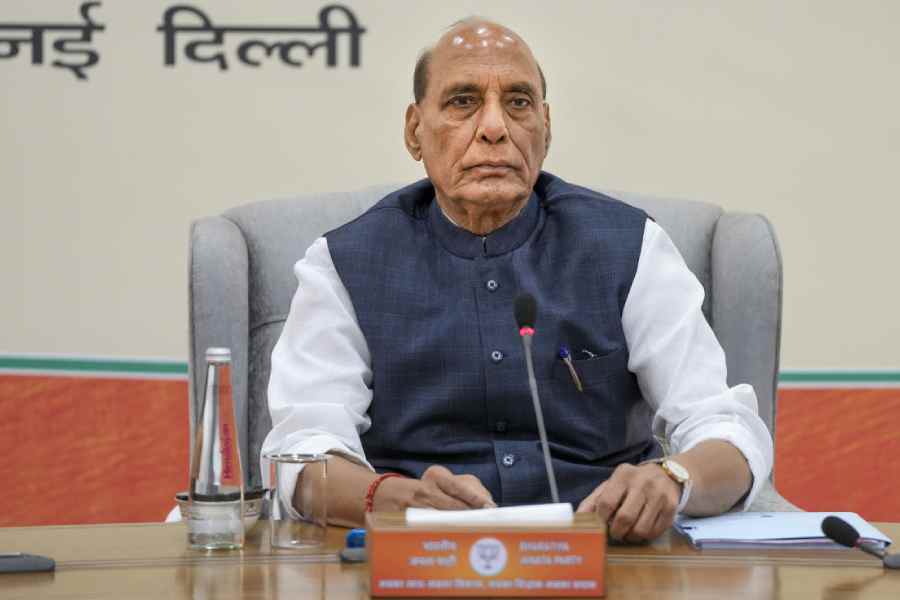Critical eye
Indian friends and admirers of Derek Malcolm are considering how best to remember the legendary Guardian film critic who made it his mission to promote Satyajit Ray after Pather Panchali won Best Human Document at the Cannes Film Festival in 1956. Malcolm encouraged Ray to come to London, where he championed the director at the British Film Institute. Malcolm died, aged 91, on July 15, 2023.
Out of Ray’s 38 films, he especially liked Charulata. “No director has bridged the gap between the cultures of East and West as convincingly as the Bengali film-maker Satyajit Ray,” he wrote in 2014. “And no film has done it quite so thoroughly as his 1964 masterpiece, Charulata.” “I had seen all his films,” Malcolm revealed once. “Sometimes I had not been nice to them but he sent me one of his books and on it he put, ‘To Derek Malcolm who sometimes likes my films.’”
Malcolm was a regular at Cannes, where his friends celebrated his birthday in the India Pavilion in 2010. “I am really glad to be here because I have supported Indian cinema for some 40 years — and I hope to do maybe another 10,” he said. When Mrinal Sen spotted Malcolm on the Croisette by the beach that year, the two men exchanged a warm embrace. Malcolm would always be besieged by Indian film-makers seeking his endorsement. He made me laugh by telling me how he would get around being unkind to anyone by declaring enthusiastically: “I think you’ve done it again!”
Tough love
Of late, I have been enjoying a lot of history books — Joya Chatterji’s Shadows at Noon: The South Asian Twentieth Century is probably the best of the lot. Especially gripping is her chapter on the dangers of love in India. She points out, with plenty of harrowing examples, that those who pursue romantic love across boundaries of caste, religion or class in India are “just asking to be murdered.”
Chatterji, who is Professor Emeritus of South Asian History at Cambridge University, is a Fellow of Trinity College, where I dropped in to see her before she left for a visit to India. She says instances of couples being hounded are so common “that we don’t even notice when we read in the paper that people are abducted, arrested, the girl is returned to her home. The guy ends up dead. It takes guts to love someone in India. There’s this whole concept of hum bhag jayenge. You can’t bhago anywhere very far without being tracked down.”
I was very interested to hear her take on the Rizwanur Rahman case in Calcutta in 2007 since I had myself talked at length to his family. On the alleged rewriting of history books in India, she says: “The history curriculum in India is becoming more like the Pakistani history curriculum.”
Help at hand
My friend, Praful Patel, who passed away in Mumbai last month, aged 84, was an ebullient, larger-than-life character who came to prominence in London when he was appointed as the only Indian member of the Uganda Resettlement Board by the British government in 1972. Its task was to help some 30,000 refugees who arrived in the United Kingdom after the country’s entire Asian population was expelled by the dictator, Idi Amin. He persuaded the British authorities that although the Indians had arrived with barely a suitcase each and little or no money, they were entrepreneurial and hardworking and should be allowed to leave the reception camps and find work outside.
Praful was born in Jinja in Uganda in 1939, settled in Britain in 1960 and relocated as an investment adviser in 1992 to Mumbai where home was Room 1009 in the new wing of the Taj. Ugandan Asians owe him a huge debt.
Peaceful picture
The horror stories of violence emerging from Manipur have greatly distressed the Oxfordshire-based British artist, Marcus Hodge, because the place had appeared like a peaceful paradise to him when he was there last November, painting sagol kangjei, which gave rise to the modern form of polo. The artist was on his 15th trip to India, where his maternal great grandparents and grandparents had once lived. Hodge said he was painting a “very large diptych, part of which is English polo, but part of the imagery is the game of Sagol Kangjei. Queen Camilla is coming to unveil it.”
Hodge had spent five days in Imphal and detected no hint of trouble: “Nothing, absolutely nothing. I had been in Calcutta for four or five days. And then you fly up to Imphal and it’s just beautiful. The landscape around there is breathtakingly lovely. And the people were just incredibly friendly.” Hodge is currently reading a book on the Partition of India and finds echoes of the past in the present. “I was thinking, crikey, same old story. These are people that they have lived next to, worked with, been friends with for years and years and years. And everybody’s lost their head and got whipped up and gone crazy, and just turned to violence.”

